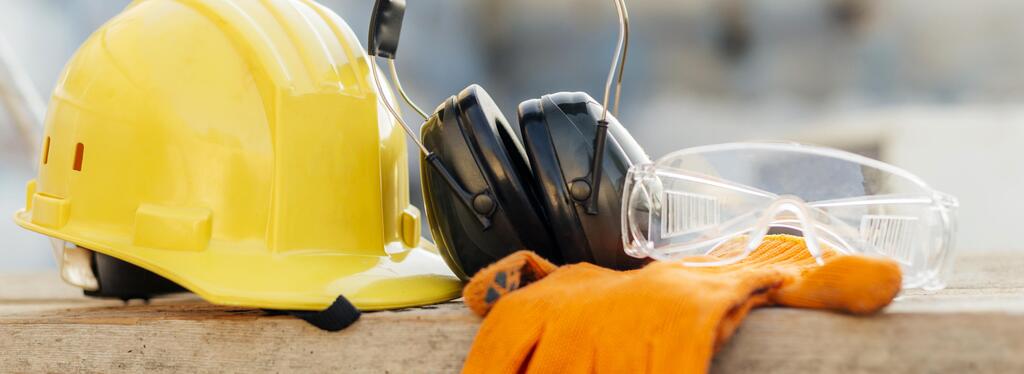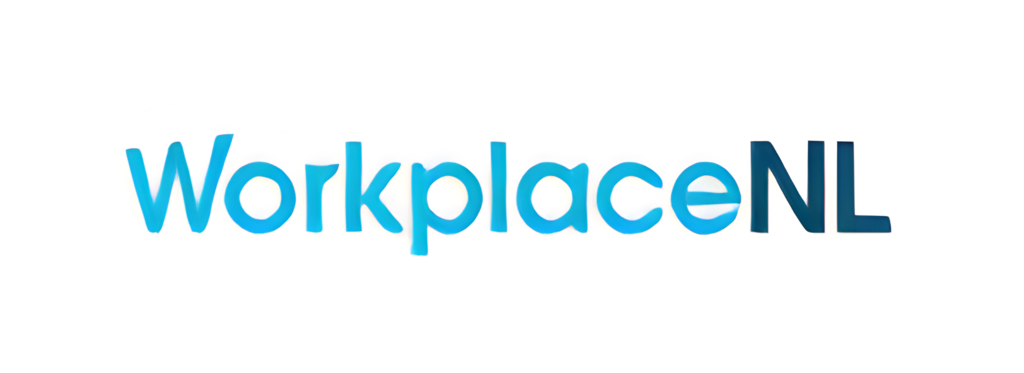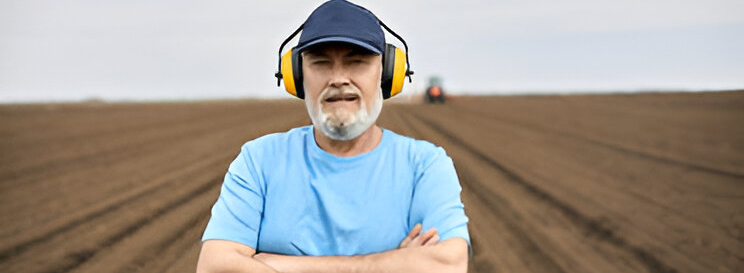Farm safety is essential to protecting the well-being of everyone who lives and works on the farm, and those who visit.
Browse below for information, guides, tools and resources for ensuring a safer farm in Newfoundland and Labrador.
Last updated December 17, 2025

NL Occupational Health & Safety
Occupational Health and Safety (OHS) is critically important for farmers because farming is one of the most hazardous industries in Canada.
OHS laws and regulations help protect workers and employers by

Workplace NL
Promoting Workplace Safety in NL
Assisting NL Employers
Employer Advisors are available to help with claims, compliance, appeals, and health and safety planning.
Visit workplacenl.ca/employers/health-and-safety/ for more information!

Farm Safety Quick Resources
Can't find what you're looking for?
Email kylie@nlfa.ca for assistance in finding a specific resource we can add to our collection.